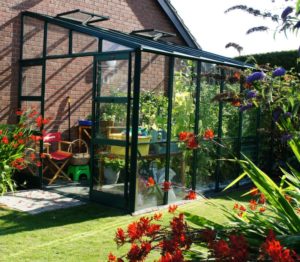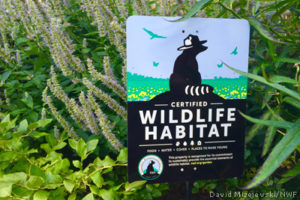Seniors are finding an unexpected way to live better and save more money, too. They’re switching to a greener lifestyle – one that reduces their utility bills, cuts their grocery bills, helps them enjoy more time outdoors, and enables them to leave an inspiring legacy for future generations.
We’ve teamed up with this care provider agency to raise awareness among seniors about ways greener living can help them save money. By this, we don’t mean that you would not need your Medicare and Medicaid plans. Getting them in place would still be necessary.
But we want to show just how much seniors can benefit financially when they also start to live greener. Here’s where to begin.
11 Top Ways to Switch to a Greener Lifestyle.
♦ Downsize – This is probably the biggest money saver of all. By moving into a smaller living space you’ll use less energy for heating, cooling, and lighting, so reduce utility bills. Plus, there’ll be less upkeep and maintenance to pay for on a smaller home.
♦ Recycle, Resell – Keep trash and clutter from building up by making it easy for someone else to reuse or recycle your things. Sell excess home possessions on Facebook Marketplace or Craig’s List (I prefer them to Ebay because the buyer can come pick things up so you don’t have to ship them). Donate items to a non-profit charity and take the tax credit. Hold a yard sale and price everything to go (My rule is: once it goes out of the house, it doesn’t go back in.)
♦ Use the library; build a little free library – You can save hundreds of dollars a year by taking books out of a library – the best way to reuse a book if there ever was one. Many communities have now started little free library systems, which make books available for free on neighborhood streets and in community squares. Some libraries also lend home repair tools, so you can borrow instead of buy.
♦ Share, especially big expensive items you won’t often use. In my neighborhood, we share lawn mowers, wheel barrows, chain saws, rug shampooers, and even reusable party supplies like glasses, dishes, cutlery, table cloths and napkins. Sharing the cost of purchasing items you don’t use all the time is a great way to save money. It also reduces the need to manufacture so much stuff, which benefits the planet by needing less resources and creating less trash.
♦ Use energy-saving devices and measures – Whether you move or stay put, you can save a lot of money simply by making some easy shifts at home. Replace old light bulbs with energy-saving LEDs. Wash clothes in cold water. Wash full loads in the clothes washer and dish washer. Use ceiling or table fans to cool individual rooms, rather than AC for the entire house. Use curtains or blinds to keep out cold air in winter and hot air in summer.
♦ Save water – We often don’t give saving water much thought. But it’s a monthly utility cost just like electricity so worth conserving as much as possible. Can you install water-saving shower heads and sink faucets? Turn off the tap while brushing your teeth. Fix leaky faucets and toilet tanks?
♦ Get rebates and free help and products from local utilities – Many utilities (including mine) give customers rebates when they buy an energy-efficient appliance. Mine paid me $150 when I traded in my old fridge for a highly efficient new one. They even picked up the old fridge and gave me another $50 to recycle it for me.
♦ Take advantage of weatherization programs that local and county governments run – Many governments will pay all or most of the cost of insulating homes, replacing light bulbs, and installing new thermostats for seniors on fixed incomes. Check with your city or county energy or sustainability office.
♦ Plant a garden – Growing your own fruits and vegetables is absolutely the cheapest way to buy organic food – even if you just grow salad greens and herbs.
♦ Use less plastic – Plastic is one of the planet’s biggest enemies. So much of what we ends up in our rivers and seas, where it can choke turtles and birds and break into micro pieces that fish might eat…and that we might eventually eat, too. To avoid single-use plastic, replace plastic bottled drinks (especially water) with water in a reusable bottle. Take your own reusable cloth bags and mesh produce bags to the grocery store. Replace plastic wrap with bees wrap, waxed paper, or reusable sandwich and snack containers.
♦ Replace throwaway paper towels and napkins with reusables – One sponge lasts as long as 17 rolls of paper towels! And could save you as much as $30 per sponge! Stock up on napkins and towels when they’re on sale and then re-use them for years.
The bottom line
Switching to a greener, healthier lifestyle saves money, is better for the planet, and will help you leave a better legacy for future generations. It starts with small steps like the ones listed here. But remember: each step counts!

















